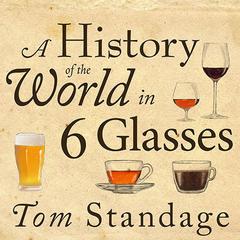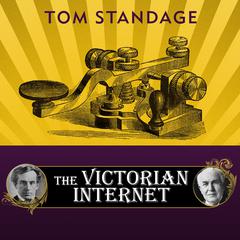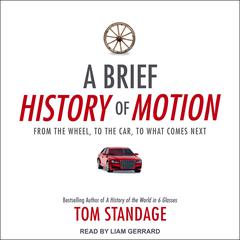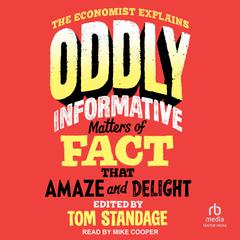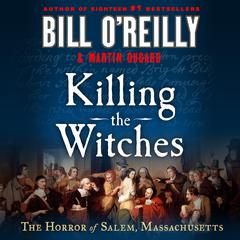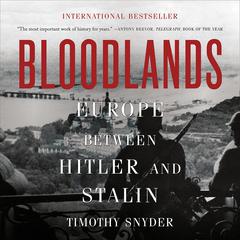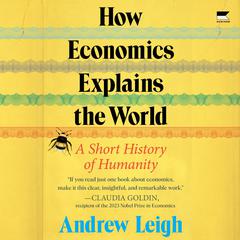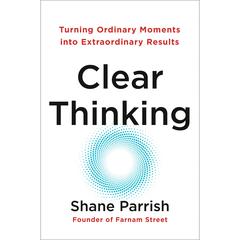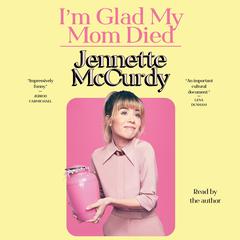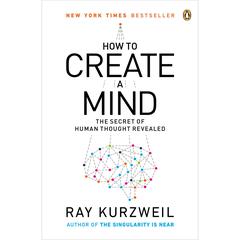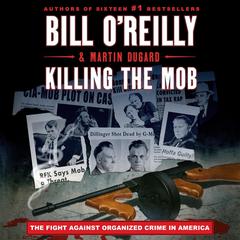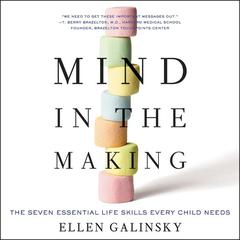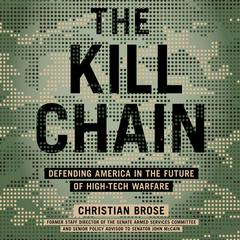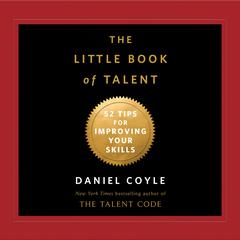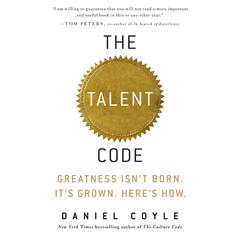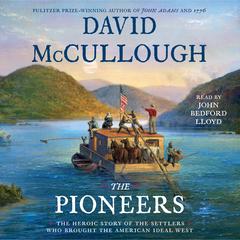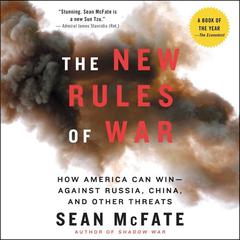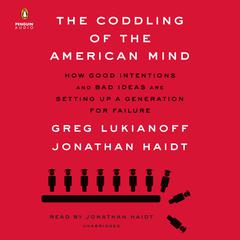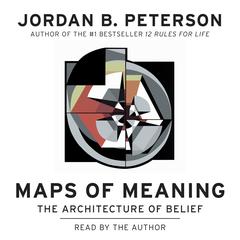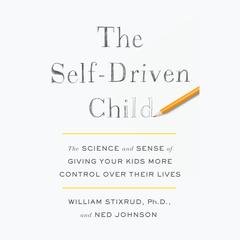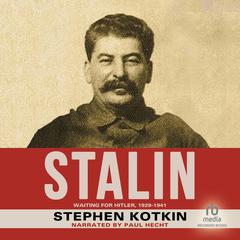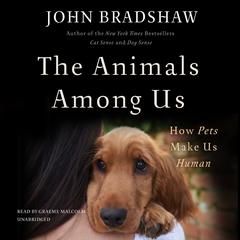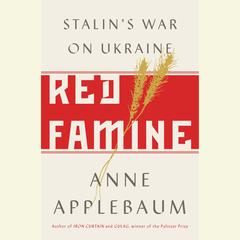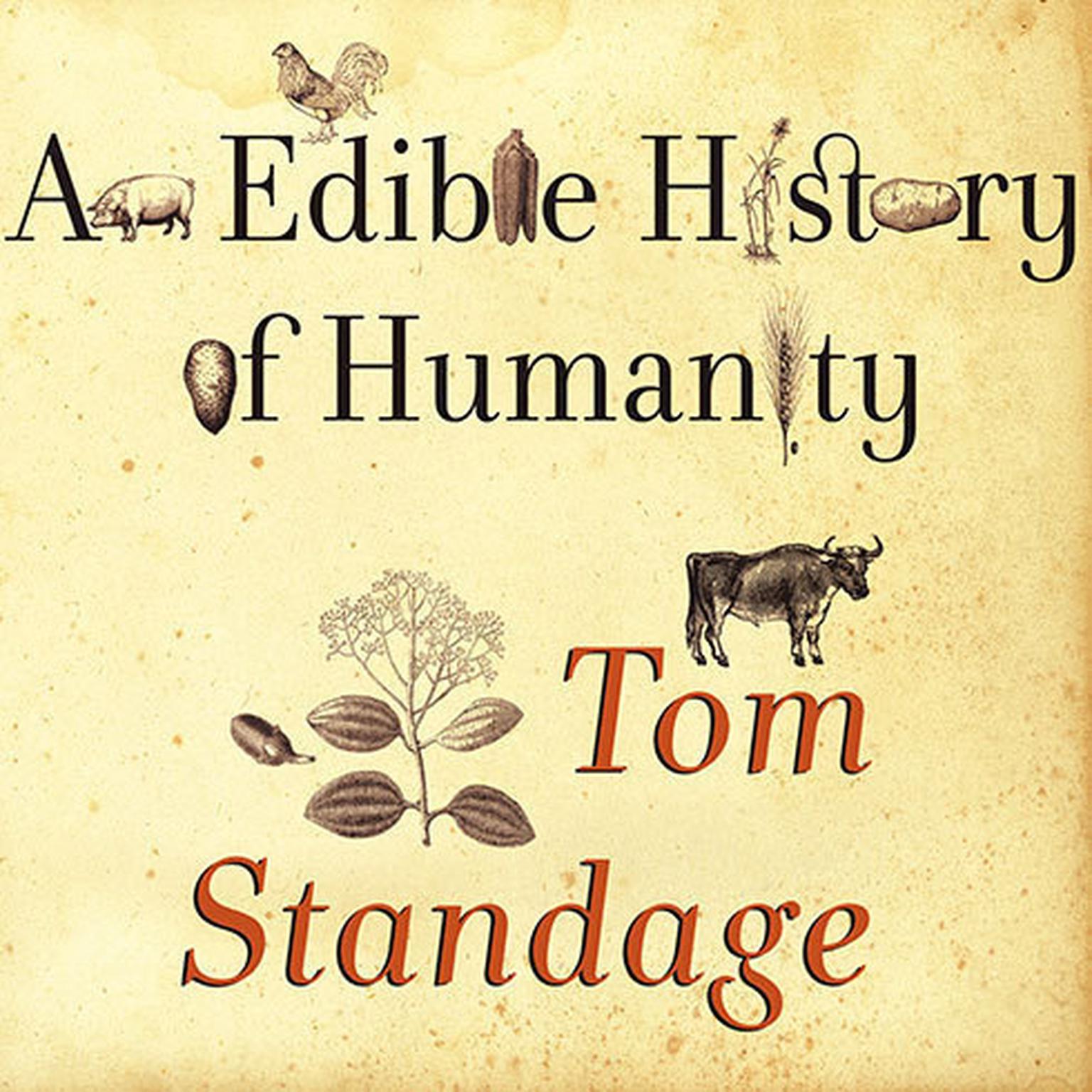 Play Audiobook Sample
Play Audiobook Sample
An Edible History of Humanity Audiobook
 Play Audiobook Sample
Play Audiobook Sample
Quick Stats About this Audiobook
Total Audiobook Chapters:
Longest Chapter Length:
Shortest Chapter Length:
Average Chapter Length:
Audiobooks by this Author:
Publisher Description
Throughout history, food has acted as a catalyst of social change, political organization, geopolitical competition, industrial development, military conflict, and economic expansion. An Edible History of Humanity is a pithy, entertaining account of how a series of changes—caused, enabled, or influenced by food—has helped to shape and transform societies around the world.
The first civilizations were built on barley and wheat in the Near East, millet and rice in Asia, and corn and potatoes in the Americas. Why farming created a strictly ordered social hierarchy in contrast to the loose egalitarianism of hunter-gatherers is, as Tom Standage reveals, as interesting as the details of the complex cultures that emerged, eventually interconnected by commerce. Trade in exotic spices in particular spawned the age of exploration and the colonization of the New World.
Food's influence over the course of history has been just as prevalent in modern times. In the late eighteenth century, Britain's solution to food shortages was to industrialize and import food rather than grow it. Food helped to determine the outcome of wars: Napoleon's rise and fall was intimately connected with his ability to feed his vast armies. In the twentieth century, Communist leaders employed food as an ideological weapon, resulting in the death by starvation of millions in the Soviet Union and China. And today the foods we choose in the supermarket connect us to global debates about trade, development, the environment, and the adoption of new technologies.
Encompassing many fields, from genetics and archaeology to anthropology and economics—and invoking food as a special form of technology—An Edible History of Humanity is a fully satisfying discourse on the sweep of human history.
Download and start listening now!
"This was a really fascinating look at history....."The author shows how one of humanity's most vital needs (hunger) didn't simply reflect but served as the driving force behind transformative and key events in history. Dividing the vast subject into six general sections (such as food's role in the development of societies and social hierarchies, its impact on population and industrialization, and its uses as a weapon both on the battlefield and off), Standage illustrates each section with historical examples and observations. Some topics, like the spice trade's encouragement of exploration, are fairly obvious choices, but the concise style and inclusion of little-known details keep the material both entertaining and enlightening. Perhaps the most interesting section is the final one, which looks at the ways in which modern agricultural needs have acted as a spur for technological advancement, with Standage providing a summary of the challenges still faced by the green revolution."...another book I listened to but wanted to buy!"
— Pat (4 out of 5 stars)
Quotes
-
With a gentle and deep voice, George K. Wilson guides listeners through the thought-provoking theses with the tone of a knowledgeable and sincere tour guide.
— Publishers Weekly Audio Review
An Edible History of Humanity Listener Reviews
-
" This is a pretty heavy duty academic book but it is very well written and while not an easy read it is informative and you can stick with it. Really follows how food and the acquisition, procurement, distribution and preparation of it has effected civilization from hunter-gathers to the green revolution (probably not the revolution you think) "
— Deigh, 2/5/2014 -
" I liked the chapters about ancient history, the rest was academic blah. "
— Miriam, 2/1/2014 -
" I had to read this book for world history, and I was pretty sure I was going to be the first person ever to die from bordem, so I stopped reading it halfway through. Its not interesting at all! Its like being lectured from a boring teacher every. single. page. "
— Toni, 1/29/2014 -
" Great companion book to The Evolution of God. Examines human diets from hunter gatherers to today's high yield genetically enhanced monocrops. Political ideas about food from the Malthusian Growth Model to Mao's Great Leap Forward are illuminated. Tasty. "
— Julie, 1/11/2014 -
" Food is integral to understanding human history, both its foibles and achievements. "
— Gary, 1/3/2014 -
" Slightly less "readable" than his A History of the World in Six Glasses but every bit as fascinating in its depth and scope of human history, Tom Standage might be my next favorite non-fiction author. "
— Melanie, 12/6/2013 -
" I have to read this book for school and well it's pretty boring. It doesn't have my attention at all. If it weren't for my grades, I definitely wouldn't be reading it. "
— Skye, 12/5/2013 -
" Not what I expected, this is a brief survey of recorded history from an agricultural perspective. (I'm still looking for a good book or two on how foods became foods.) "
— Jim, 11/24/2013 -
" What a cool book! I love how I learned about food throughout the ages and how the types of food we grew, ate, traded, etc. impacted our lives politically, socially, economically. It's amazing actually. "
— Kelly, 11/24/2013 -
" History of the world in 6 glasses was a much more cohesive work. "
— Chris, 11/16/2013 -
" influence of food on history; spice & trading power; maize from latin america transformed by shift from hunters to agriculture; "
— Deb, 10/25/2013 -
" History, food, agriculture, war, famine, bad behavior--a history indeed. I liked it very much "
— Wrdwrrior, 7/14/2013 -
" My family is soooo tired of hearing me quote from this book - but really - it was so quotable! "
— Julie, 4/24/2013 -
" very interesting. a little fact-dense... like pound cake as opposed to sponge cake of the same volume. weird analogy? whatever. :P "
— Meredith, 1/19/2013 -
" Great book that takes you through the history of the food that we eat and how we got to be eating it. "
— David, 11/5/2012 -
" Some chapters are just okay, but there's also some interesting arguments mentioned. I also really liked how a few of the sections of the book were organized so overall, I liked it. "
— Kara, 5/6/2012 -
" This was an interesting book, a worthwhile quick non-fiction read, but it was quite anecdotal - I was hoping for something more definitive. "
— Bob, 12/11/2011 -
" I enjoyed the book through the up until the 20th century when it changed more about chemicals and less about food. The last few chapters were interesting but did not hold my attention like the first three quarters of the book. "
— Kim, 10/7/2011 -
" One of the first e-books that I read. Tom covers the beginning of mankind's food history as hunters and gatherers through the different efficiencies of gaining food, the political impact and the impact of food on politics right up to today with the GM conflicts. A book I will read again. "
— Dee, 4/10/2011 -
" very thought-provoking. i enjoyed the history of agriculture & civilization development. "
— Stephanie, 3/21/2011 -
" History, food, agriculture, war, famine, bad behavior--a history indeed. I liked it very much "
— Wrdwrrior, 3/3/2011 -
" Really enjoyed this book. Part history (the spice routes), part science (the advent of fertilizer and its impact on population growth), part politics (the collective farms of China and the USSR and resulting famine), it's a fascinating look at the impact of food on human social evolution. "
— Elaine, 1/2/2011 -
" Loved this extremely interesting take on the history of the world told through its food! "
— Laura, 12/7/2010 -
" Food is integral to understanding human history, both its foibles and achievements. "
— Gary, 9/13/2010 -
" I did not enjoy this as much as Standage's History of the World in 6 Glasses. There is some interesting stuff in here, but the book really drags at points. "
— Stefanie, 6/6/2010 -
" Didn't know that carrots were originally white or purple until Dutch botanists changed the colour to orange in tribute to William of Orange. Lots of very interesting facts about the origins of the modern food we eat and how it has been engineered over thousands of years. "
— Joe, 6/1/2010
About Tom Standage
Tom Standage is business editor at the Economist magazine and the author of A History of the World in 6 Glasses, The Turk, The Neptune File, and The Victorian Internet. He has also covered science and technology for a number of newspapers and magazines, including the New York Times, the Guardian, the Daily Telegraph, and Wired. He holds a degree in engineering and computer science from Oxford University and lives in Greenwich, England, with his wife and daughter.
About George K. Wilson
George K. Wilson is a working actor in stage, film, television, and commercials with almost one hundred audiobook narrations to his credit. He began in broadcast journalism with American Forces Radio and Television and is a graduate of the American Academy of Dramatic Arts. He had a lead role in the cult film classic Attack of the Killer Tomatoes and appeared on television’s One Life to Live, Ryan’s Hope, and The Doctors and has been heard on voice-overs for The Guiding Light and The Cosby Show, as well as many television and radio commercials.




